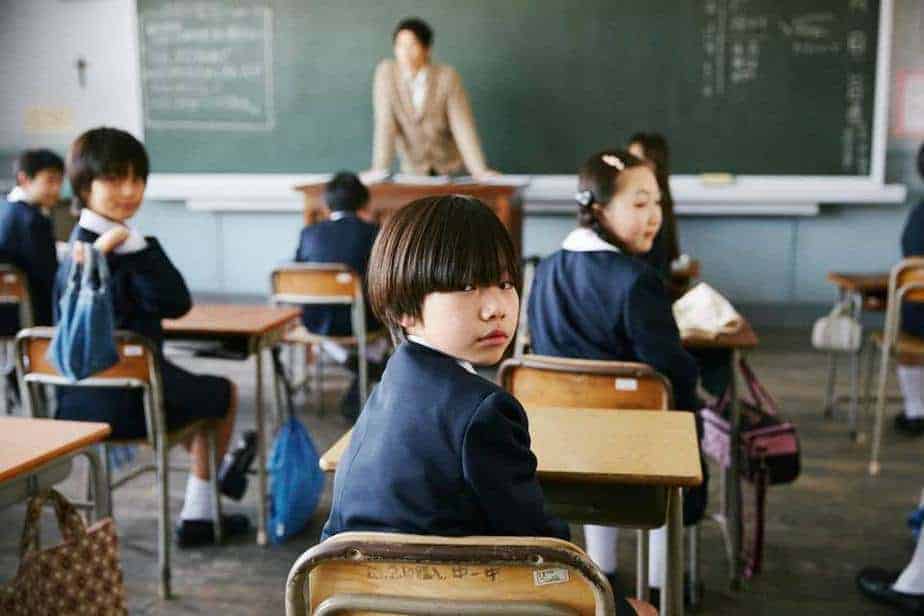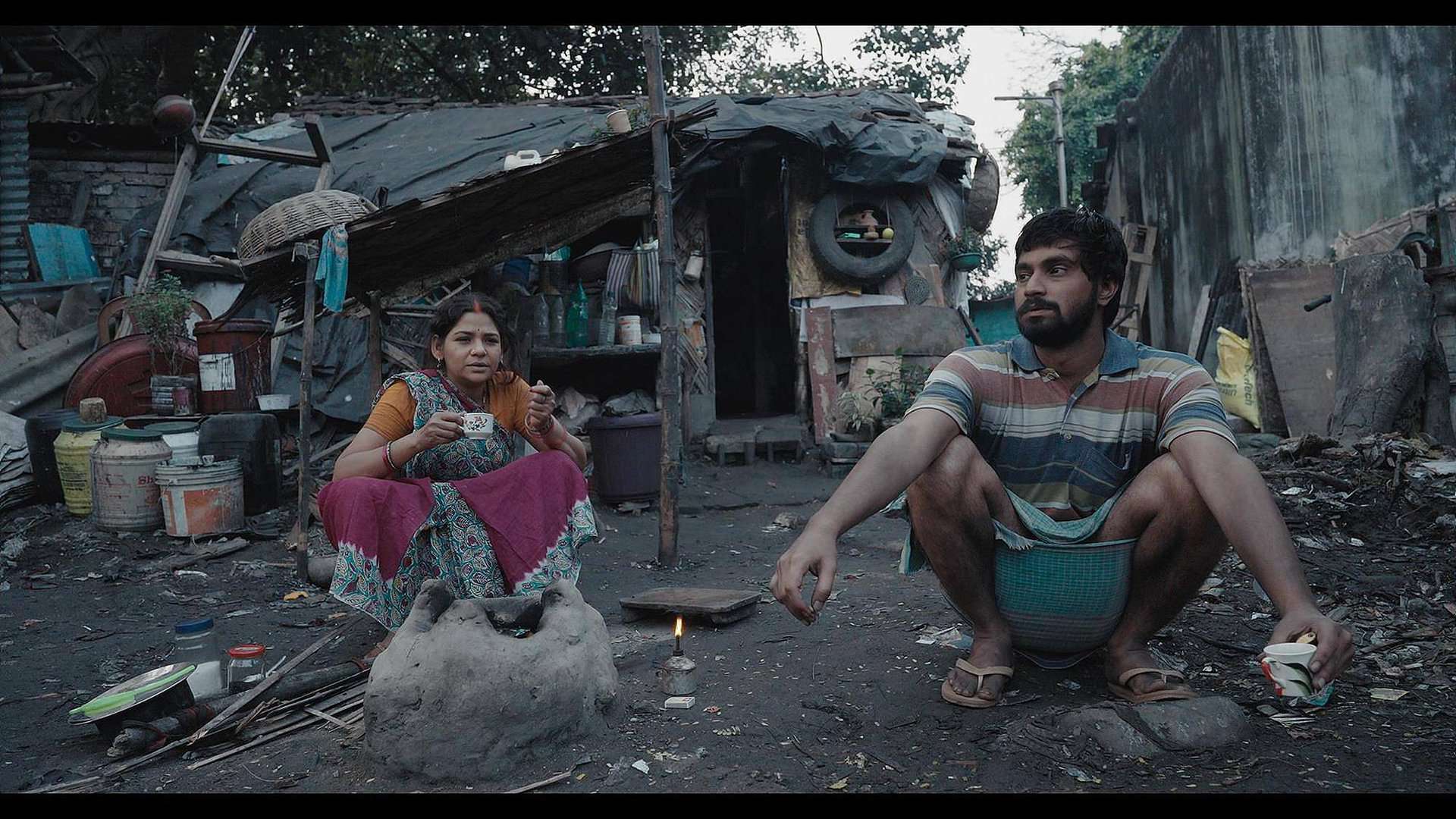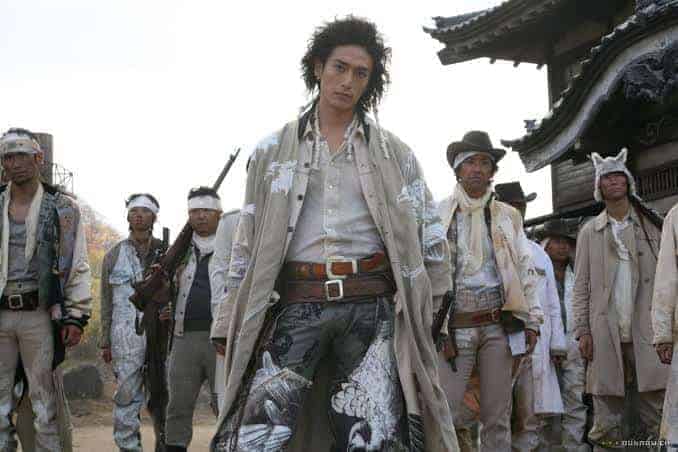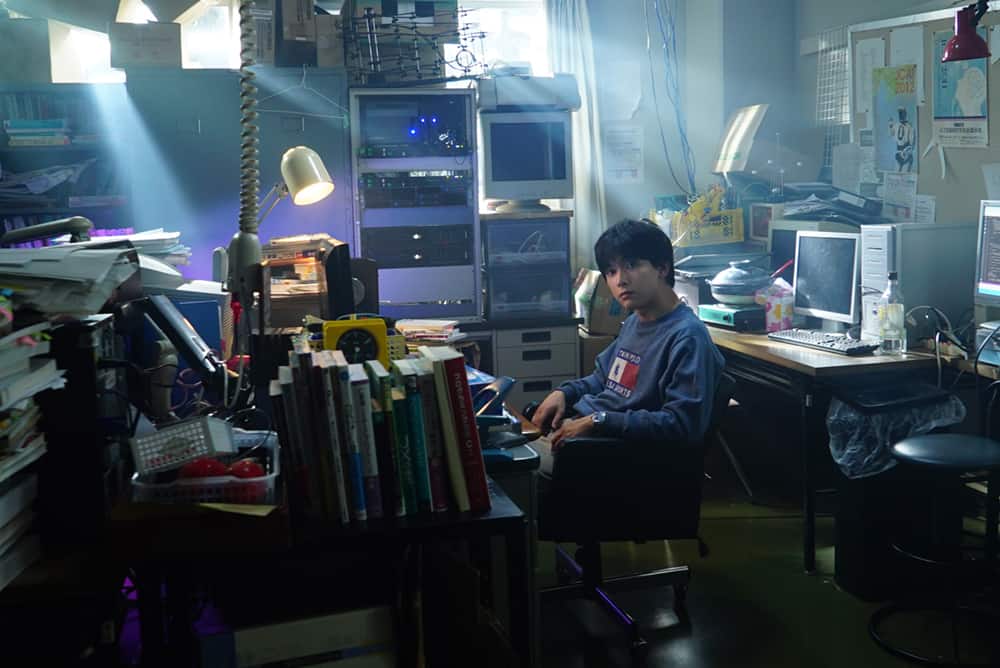Adam Torel's top ten of Japanese movies has always been one of the treats of the year, for all fans of the country's cinema, since most of his choices are relatively unknown at the time of its publishing. 22 year old Hiroshi Okuyama graduation effort “Jesus” (actual Japanese title is “I Hate Mr. Jesus”) is one of those films. The aforementioned “relatively” part comes into play here, since the film netted Okuyama the New Director award at San Sebastian Film Festival, and has already been bought by Nikkatsu. Let us take things from the beginning though.
“Jesus” is screening at Nippon Connection

The film revolves around Yura, an elementary school student, who finds himself moving with his parents to Nakanojo, a small, snowy village, from Tokyo. Initially, the change has Yura struggling, both at home, where he has to share a room with his grandmother, and in school, where he does not share or even understand the Christian-oriented curriculum that has the students attending mass every morning. In order to make his parents happy, he even makes up the fact that he has made a friend. Right about the time he has almost given up on adapting, a tiny Jesus makes his appearance, being only visible by him, and actually grants him his wishes, at least when he is not entertaining the boy in various ways.

Due to divine intervention (presumably), Yura becomes friends with the most popular kid in the class, football aficionado Kazuma, and his life takes a turn for the much better. Unfortunately, tragedy eventually strikes, and Yuma is left questioning tiny Jesus' role, as much as pondering about life, religion and death. His teacher, Mr Warita, plays a significant part in all the aforementioned experiences.
Hiroshi Okuyama directs a sensitive, subtle drama about children and the way they perceive the world and the events that occur in their lives, in the footsteps of Hirokazu Koreeda or even Hayao Miyazaki, when one considers the “animated” Jesus part (still has a way to go, though). This combination of drama and occasionally slapstick humor works wonders for the films, despite the fact that the director does not take any hard lines regarding the aforementioned issues the film deals with, something that he would have problems doing in the 76 minutes the movie lasts, though.
In that fashion, Okuyama focuses on entertainment mostly, with the concept of the Jesus providing a number of hilarious moments, with the one where he acts as a sumo wrestler or dancing being the apogee of this aspect. The social issues regarding the fact that children struggle to satisfy their parents, even through lies, and the consequences a transfer at another school at that age have, are also presented, although, again, in subtle and not very analytical way.

The slow pace of the editing seems to fit the snowy, rural setting of Nagano, where no one seems to be in a rush, apart from the schoolchildren going to mass, and a specific van driver. The cinematography could have taken advantage of the setting a bit more, but since Okuyama was in charge of both aforementioned aspects, I would say his work is more than adequate.
Yura Sato is very convincing in a demanding role as Yura, with Okuyama highlighting his ability to direct small children (the Koreeda factor we mentioned).
“Jesus” is a very hopeful debut, and personally, I would like to see Hiroshi Okuyama with a bigger budget exploring the themes he scratched the surface of here in a more analytical way, particularly the one regarding the way people perceive Christianity and how it actually works . I am sure we will see much more of him in the near future.















